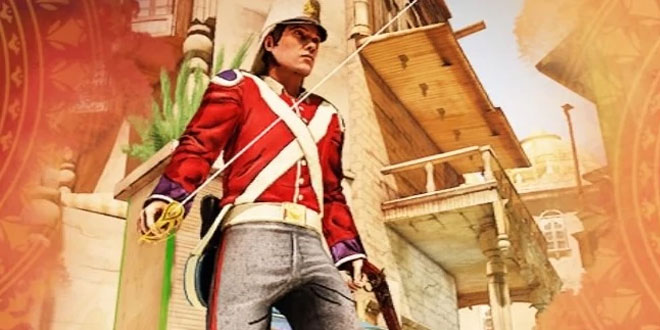Question: Name the two industrial cities in Britain.
Answer: Leeds and Manchester.
Question: Name the cities that were de-urbanised in the 19th century.
Answer: Surat, Machlipatnam and Seringapatam.
Question: Why were the main streets of Chandni Chowk and Faiz Bazar made broad?
Answer: They were made broad for royal processions to pass.
Question: Where did British live in the 1870s?
Answer: They lived in the sprawling Civil Lines area that came up in the north.
Question: Where, did the Indians live in the 1870s?
Answer: They lived in the Walled City.
Question: Why was a durbar held in Delhi in 1911?
Answer: In 1911, when King George V was crowned in England, a durbar was held in Delhi to celebrate the occasion.
Question: Who visited the durbar?
Answer: Numerous Indian princes and British officers and soldiers visited the durbar.
Question: What is Kings way known now?
Answer: It is now known as Rajpath.
Question: Why was the Viceroy’s Palace higher than Shah Jahan’s Jama Masjid?
Answer: The Viceroy’s Palace was higher than Shah Jahan’s Jama Masjid in order to establish British importance.
Question: What jobs did the new migrants coming to Delhi take up?
Answer: They took up jobs as hawkers, vendors, carpenters and iron smiths.
Question: What were havelis?
Answer: Havelis were grand mansions in which the Mughal aristocracy in the 17th and 18th century lived.
Question: What did the Census of 1931 reveal?
Answer: The Census of 1931 revealed that the Walled City area was thickly populated with as many as 90 persons per acre, while New Delhi had only about 3 persons per acre.
Question: Why did Machlipatnam lose its importance as a port-town by the late 18th century?
Answer: It was because the British shifted their trade to the new ports of Bombay, Madras and Calcutta.
 Class Notes NCERT Solutions for CBSE Students
Class Notes NCERT Solutions for CBSE Students


